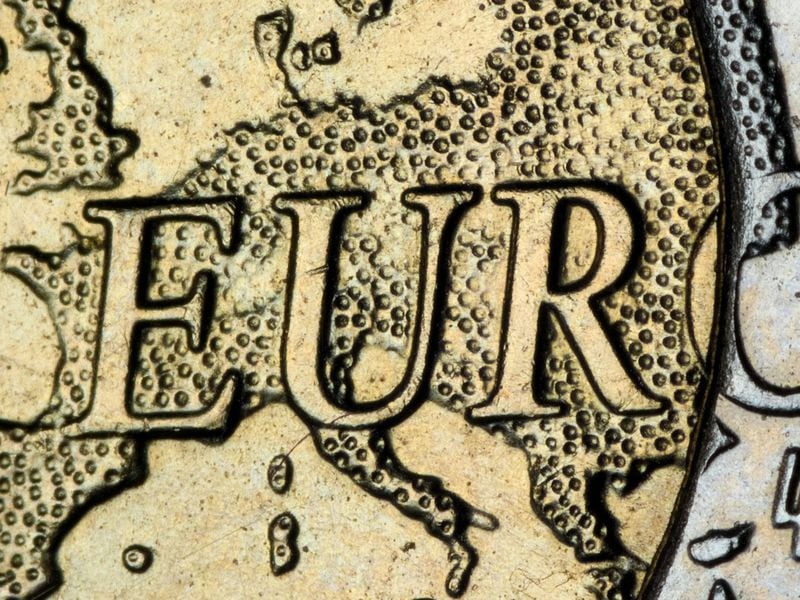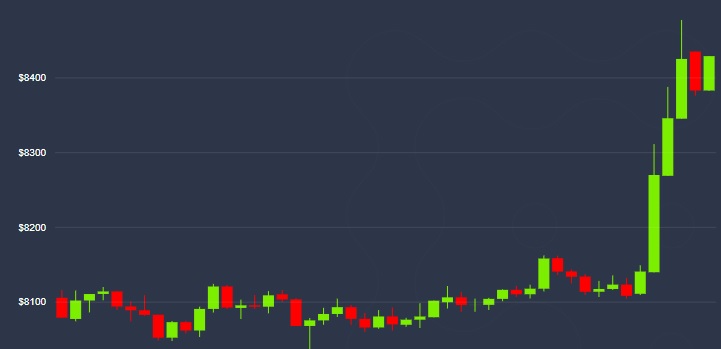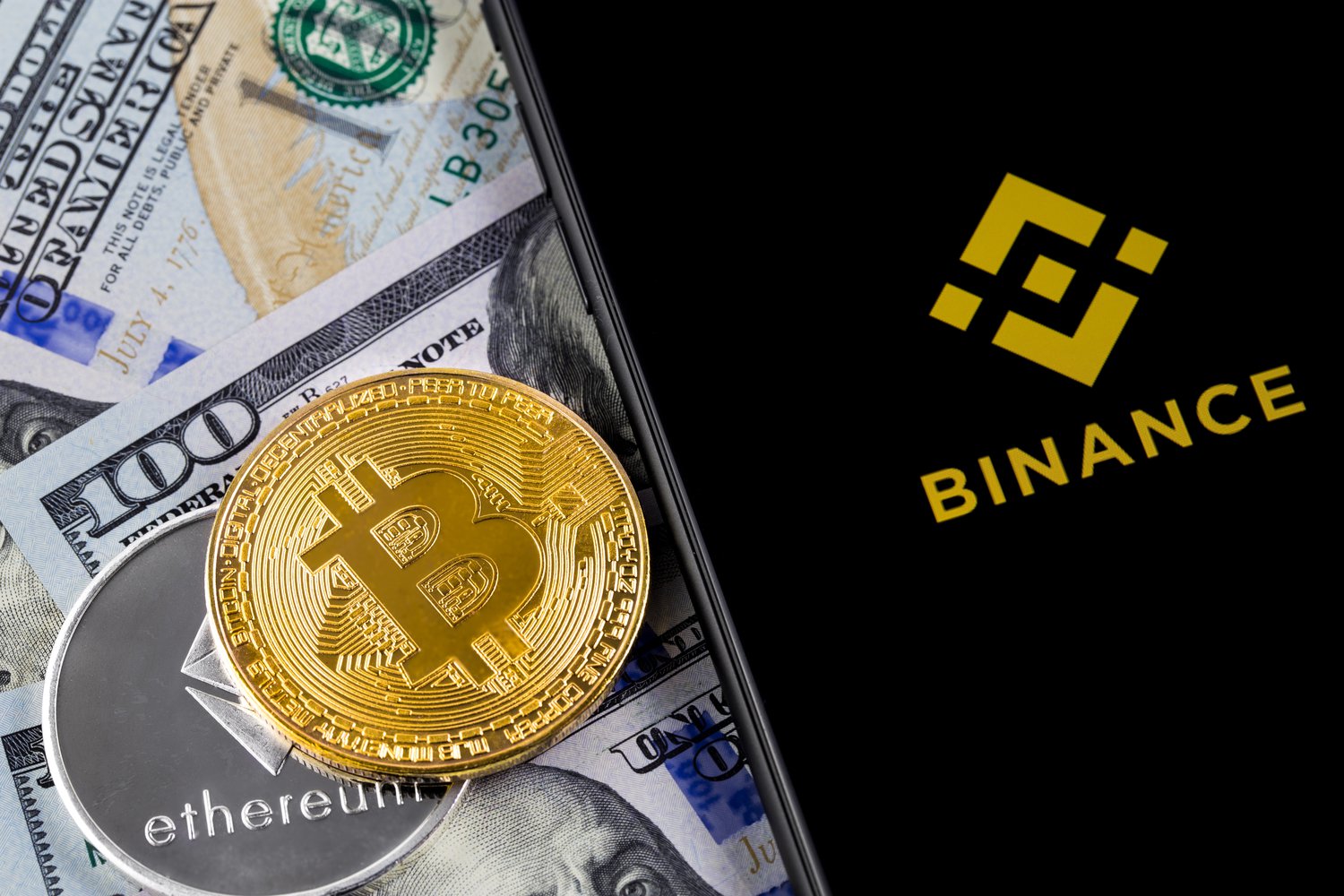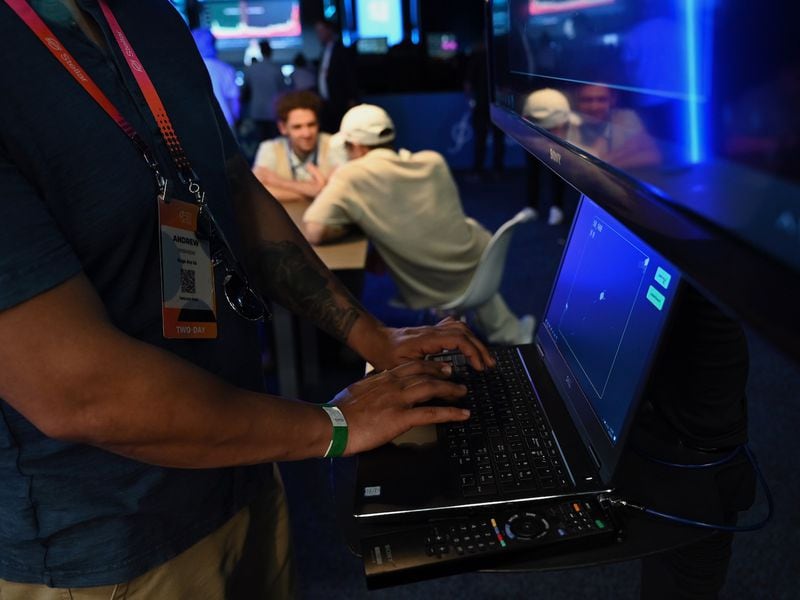Lido Stakers Can Expect Ether Withdrawals ‘No Sooner Than Early May’
Join the most important conversation in crypto and Web3 taking place in Austin, Texas, April 26-28.
:format(jpg)/s3.amazonaws.com/arc-authors/coindesk/3511dac7-07ba-4423-9003-82143ec00eab.png)
Sage D. Young is a tech protocol reporter at CoinDesk. He owns a few NFTs, gold and silver, as well as BTC, ETH, LINK, AAVE, ARB, PEOPLE, DOGE, OS, and HTR.
Join the most important conversation in crypto and Web3 taking place in Austin, Texas, April 26-28.
Investors who have staked their ether (ETH) through Lido – the dominant liquid staking platform – can expect ETH withdrawals “no sooner than early May,” a Lido protocol developer who goes by Kadmil.eth said in a Twitter space on Thursday.
To enable withdrawals on the Ethereum blockchain, Lido needs to properly prepare the launch of its V2 test network and complete several security audits of its V2 upgrade.
While Shapella, a software upgrade that will enable ether withdrawals, is set to occur on April 12, the preparation of Lido’s V2 testnet and completion of its multiple security audits won’t be ready by Shapella. LidoDAO community members had previously voted for the software overhaul in early March.
Lido’s V2 upgrade is “significant in scope” and the “biggest upgrade” for Lido on Ethereum, where more than 5.9 million ETH have been staked. The V2 upgrade will enable ETH withdrawals on the liquid-staking platform.
Lido is the largest decentralized-finance protocol with $11.2 billion in total value locked, according to crypto stats website DefiLlama. The price of LDO, Lido’s governance token, was down 6% in the past 24 hours $2.50, according to CoinGecko.
When talking about the complexity of staking withdrawals for Lido on Ethereum, Kadmil cited a cybernetic principle and said, “The system we are building on top of something should be at least as rich and robust as something we are building upon.”
Edited by Oliver Knight.
DISCLOSURE
Please note that our
privacy policy,
terms of use,
cookies,
and
do not sell my personal information
has been updated
.
The leader in news and information on cryptocurrency, digital assets and the future of money, CoinDesk is a media outlet that strives for the highest journalistic standards and abides by a
strict set of editorial policies.
CoinDesk is an independent operating subsidiary of
Digital Currency Group,
which invests in
cryptocurrencies
and blockchain
startups.
As part of their compensation, certain CoinDesk employees, including editorial employees, may receive exposure to DCG equity in the form of
stock appreciation rights,
which vest over a multi-year period. CoinDesk journalists are not allowed to purchase stock outright in DCG
.
:format(jpg)/s3.amazonaws.com/arc-authors/coindesk/3511dac7-07ba-4423-9003-82143ec00eab.png)
Sage D. Young is a tech protocol reporter at CoinDesk. He owns a few NFTs, gold and silver, as well as BTC, ETH, LINK, AAVE, ARB, PEOPLE, DOGE, OS, and HTR.
Learn more about Consensus 2023, CoinDesk’s longest-running and most influential event that brings together all sides of crypto, blockchain and Web3. Head to consensus.coindesk.com to register and buy your pass now.
:format(jpg)/s3.amazonaws.com/arc-authors/coindesk/3511dac7-07ba-4423-9003-82143ec00eab.png)
Sage D. Young is a tech protocol reporter at CoinDesk. He owns a few NFTs, gold and silver, as well as BTC, ETH, LINK, AAVE, ARB, PEOPLE, DOGE, OS, and HTR.









